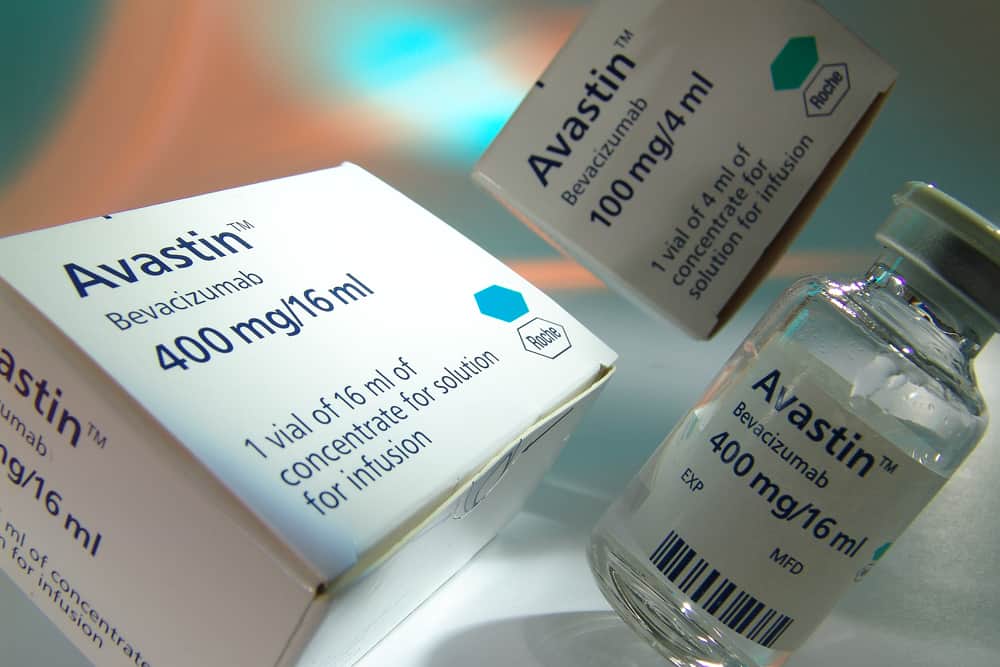
Lucentis price cut ends PCT-Novartis dispute
pharmafile | July 26, 2012 | News story | Sales and Marketing | ABPI, NHS, PCTs, Roche, SHIP Cluster, avastin
An NHS body has been persuaded to reverse its policy of recommending Avastin for wet AMD.
The Southampton, Hampshire, Isle of Wight and Portsmouth (SHIP) Cluster last year made Roche’s Avastin available to patients with wet AMD, even though the drug is not approved for this licence.
Novartis’ Lucentis is the only licensed and NICE-approved drug for the common eye condition, and the firm had forced a judicial review of the Cluster’s practice to stop if from using the much cheaper Avastin.
The SHIP cluster decided this week to reverse its stance on Avastin, and will now only recommend Lucentis for wet AMD.
The change of heart follows Novartis offering Lucentis at a discounted price – however the size of the price cut remains confidential.
Avastin is chemically similar to Lucentis and by prescribing it off-label, the SHIP Cluster was able to dramatically reduce its £7.5 million bill that it forks out every year for Novartis’ drug.
Professor Jonathan Montgomery, chairman of the PCT Cluster Board, explained the decision: “We remain of the view that the policy was lawful, sensible and safe for patients. However, in our consideration of the policy today, the Board has concluded that given the discount being offered, it will be possible to reduce significantly the £7.5 million spent annually on Lucentis in the SHIP area.
“The Board agreed that taking advantage of the significant discounts now being made available by Novartis, which have been introduced since the policy was agreed, was in the best interests of local patients.
“The Board also took into account that the policy had not been taken up in any meaningful way by consultant ophthalmologists on the advice of their Royal College. This has meant that the potential benefits we had envisaged, to both patients and the NHS, of offering Avastin as well as Lucentis, had not been realised.”
Prof Montgomery added that an the abolition of PCTs – which will be replaced by Clinical Commissioning Groups from April next year – would make the policy more difficult to follow in the future.
He said from April 2013, should the judicial review not conclude before then, or be appealed, the PCT would be leaving an “undesirable legal legacy for its successors” – the CCGs – and the local area team of the National Commissioning Board.
Given both this complication and the price cut, it was the logical choice for the Board to reverse its stance, he concluded.
A warning to the rest of the NHS?
This decision could set a precedent for other NHS regions looking to use Avastin off-label. Before this week’s decision, a number of Clusters are seriously considering whether to recommend Avastin ahead of Lucentis in order to meet savings targets.
This includes NHS North Yorkshire and York. In its most recent Board meeting, documents seen by InPharm show that it is looking to switch to Avastin for wet AMD, but concedes that “any change in policy will result in a legal challenge from the pharmaceutical company, Novartis”.
Given the price cut and the pressure of any legal challenge – regions such as North Yorkshire may now have little choice but to use Lucentis.
ABPI welcomes decision
The ABPI was quick to defend Novartis’ legal action against the Cluster during its annual conference in April, with its chief executive Stephen Whitehead saying it was ‘the right course of action’.
It has been just as quick to welcome the Cluster’s policy reversal, with Whitehead adding: “We are pleased that SHIP has decided to revoke its commissioning policy that had supported the use of a medicine which was unlicensed for the indication, in place of a licensed medicine which had already gained full regulatory approval.
“It continues to be our view that off-label and unlicensed prescribing should be strictly limited to those circumstances where there is no licensed alternative and where the clinician, in discussion with the patient, decides that this is in their best interests.
“Loosening the regulations in this area would not only put a patient’s safety at risk, it would also undermine the entire regulatory process which is in place to protect public health.”
Ben Adams
Related Content

Digital mental health technologies – a valuable tool in supporting people with depression and anxiety
The potential benefits of digital mental health technology for managing depression, anxiety and stress, together …

A community-first future: which pathways will get us there?
In the final Gateway to Local Adoption article of 2025, Visions4Health caught up with Julian …

The Pharma Files: with Dr Ewen Cameron, Chief Executive of West Suffolk NHS Foundation Trust
Pharmafile chats with Dr Ewen Cameron, Chief Executive of West Suffolk NHS Foundation Trust, about …






